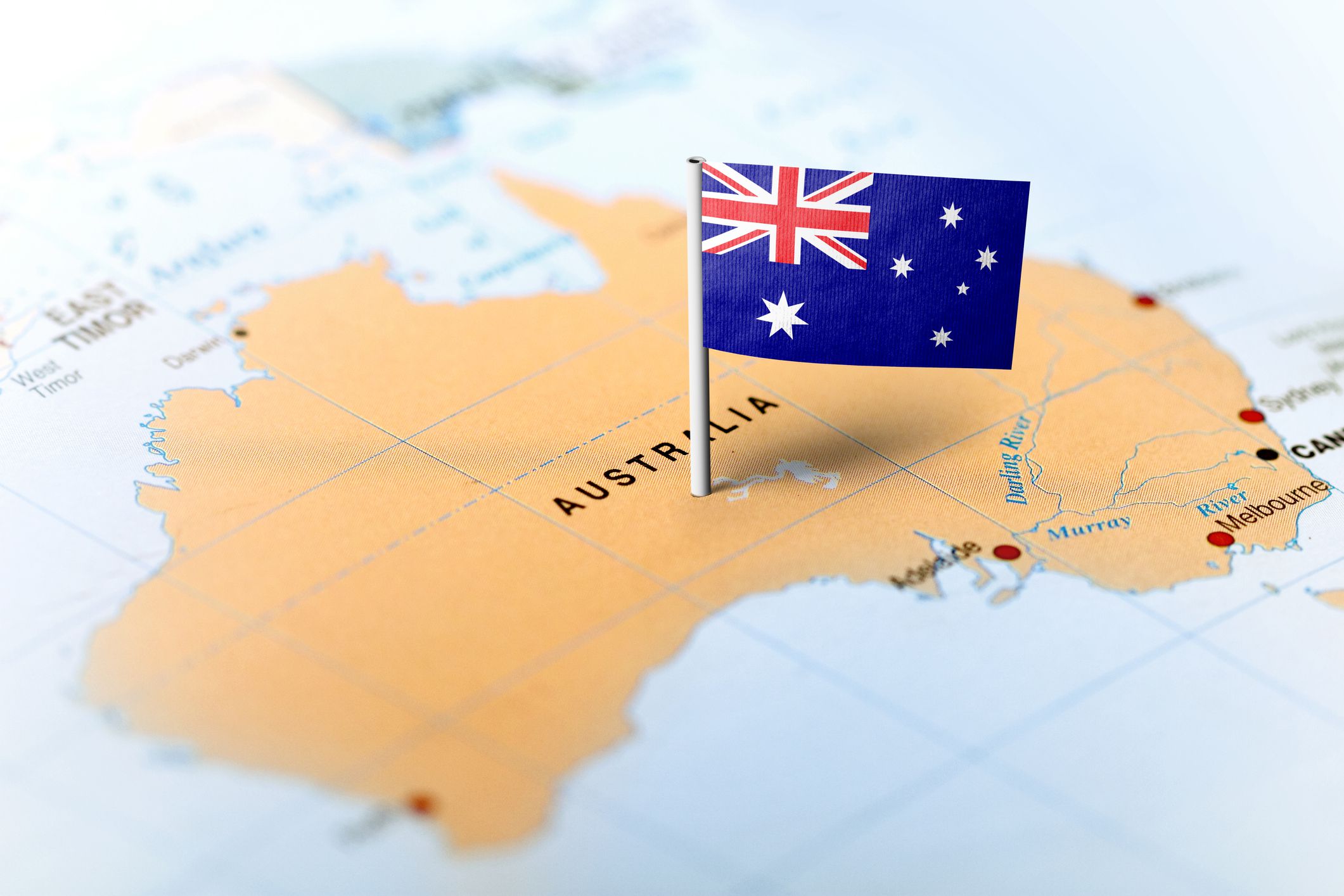Work in Australia – Pursuing a career in Australia offers numerous benefits, including its favorable climate, significant socio-economic advancements, high standards of living, and access to quality education. The nation draws a diverse pool of skilled professionals, allowing you to enhance your expertise alongside top talents. Nevertheless, to become part of the Australian workforce, you must fulfill specific requirements. This article will guide you through the essential information you need to unlock the vast opportunities awaiting in Australia.
WORKING IN AUSTRALIA: VISA REQUIREMENTS
Australia offers several visa options for individuals seeking to work in the country. Choosing the right visa depends on your skill set, qualifications, and work experience. Here’s a breakdown of some common visa types:
1. Skilled Independent Visa (Subclass 189)
The skilled Independent Visa is a Points-tested visa for skilled workers. This visa also does not require employer sponsorship. However, you must be nominated by a relevant skilled occupation on the Skilled Occupation List (SOL) and meet specific points-based criteria. It is also worth noting that points are awarded based on age, qualifications, work experience, English language skills, and other factors.
Eligibility Criteria
- Occupation listed on the Skilled Occupation List (SOL).
- Meet minimum points threshold based on age, skills, and other factors.
Duration
- Permanent residency status.
2. Skilled Nominated Visa (Subclass 190)
- This visa is similar to subclass 189 but requires sponsorship from an Australian state or territory government.
- This option can be helpful if your occupation is on the SOL but not in high demand nationally.
- Eligibility requirements and nomination processes vary by state or territory.
3. Temporary Skill Shortage Visa (Subclass 482)
- This temporary visa is designed to fill skills shortages in specific occupations.
- Employers must sponsor skilled workers for specific positions.
- Visa duration varies depending on the occupation and circumstances.
4. Employer Nomination Scheme (Subclass 186)
- This visa allows employers to sponsor skilled workers for permanent residency.
- The employer must demonstrate that the position cannot be filled by an Australian citizen or permanent resident.
- The sponsored worker must meet specific skill and experience requirements.
5. Working Holiday Visa (Subclass 417 or 462)
- This temporary visa allows individuals aged 18-30 to work and travel in Australia for up to 12 months.
- Certain nationalities are eligible for extensions, allowing stays of up to 24 months.
- This option is ideal for young people seeking short-term work experiences and cultural immersion.
6. Temporary Graduate Visa (Subclass 485)
Overview
- Allows recent graduates to work, study, or live in Australia temporarily.
- Available in two streams: Graduate Work Stream and Post-Study Work Stream.
Eligibility Criteria
- Completed an eligible qualification in Australia.
- Meet health and character requirements.
Duration
Duration varies based on the stream and qualification.
Additional Visa Options:
- Partner Visas: For partners of Australian citizens or permanent residents.
- Student Visas: For individuals enrolled in full-time studies in Australia.
- Business Innovation and Investment Visas: For entrepreneurs and investors.
Remember, visa requirements and processes can change over time. We recommend that you stay informed by checking official government websites and seeking professional advice if needed.
Working in Australia: How to Work in Australia
The procedures for working in Australia can vary depending on the type of visa you are applying for. However, here’s a general overview of the steps involved:
1. Research and Choose a Visa:
- Explore different visa options available to find one suitable for your skills, qualifications, and work experience.
- Refer to the Australian Department of Home Affairs website for detailed information on each visa category.
- Consider the Skilled Occupation List (SOL) if applying for a skilled visa.
2. Check Eligibility Requirements:
- Carefully review the specific eligibility requirements for your chosen visa.
- Ensure you meet all the criteria, including age, skills, qualifications, English language proficiency, and health standards.
- Gather necessary documents to support your application, such as academic transcripts, work certificates, and proof of financial resources.
3. Apply for the Visa:
- Lodge your visa application online through the official Australian immigration portal.
- Pay the required visa application fee.
- Follow the specific instructions and requirements for your chosen visa category.
4. Attend Medical Examination (if required):
- Some visa categories require undergoing a medical examination by a designated panel physician.
- The medical examination ensures you meet Australia’s health standards.
5. English Language Testing (if required):
- Depending on the visa category, you may need to demonstrate English language skills through tests like IELTS or PTE.
- Achieve the required score specified for your chosen visa.
6. Visa Processing:
- Visa processing times can vary depending on the visa category, your nationality, and current volume.
- Be patient and wait for the Department of Home Affairs to process your application.
7. Visa Outcome:
- The Department of Home Affairs will notify you about the outcome of your visa application.
- If successful, you will receive your visa grant and be able to travel to Australia and start working.
Additional Procedures:
- Skills Assessment: For skilled visas, you may need to have your skills and qualifications assessed by a relevant Australian authority.
- Sponsorship: Some visas require sponsorship from an Australian employer or state/territory government.
- Police Clearance: You may need to provide a police clearance certificate from your home country.
- Travel and Health Insurance: Arrange travel and health insurance to cover your stay in Australia.
The quality of life in Australia is high with efficient social support and healthcare systems. The multicultural society also makes the country diverse enough to accommodate new residents easily. If you are concerned about your living environment, you will enjoy the temperate climate, pollution-free air and natural ecosystems available in most areas within the country. The country also offers a safe and secure environment with an efficient police force and one of the lowest crime rates in the world.
